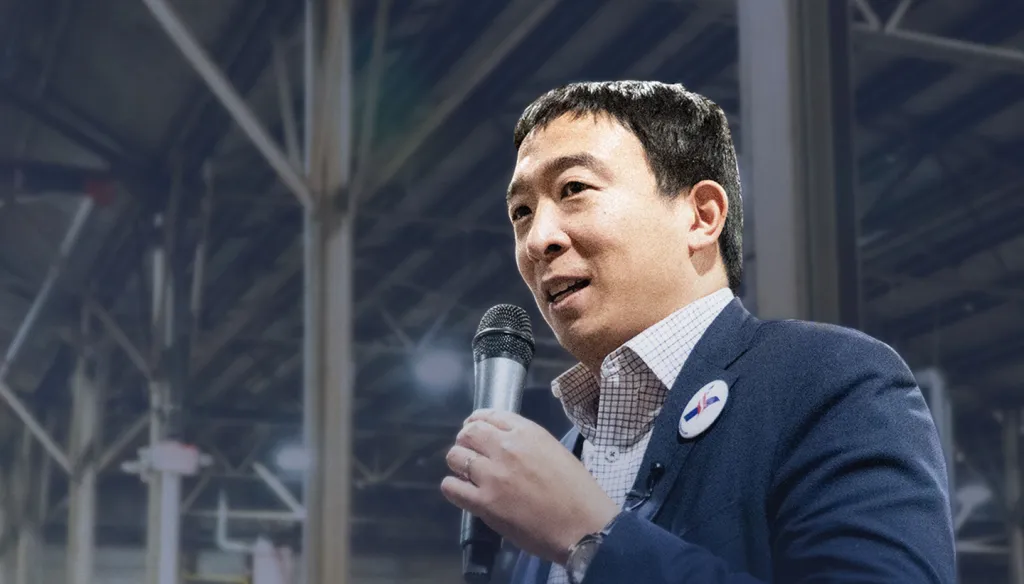Andrew Yang, democratic candidate for the presidency, promises blockchain based elections if elected. Posted on his website, the candidate makes the claim for a fair and free election based on blockchain technology.
Andrew Yang is one of the democratic candidates vying for the post of the democratic candidate for the 2020 presidency. To improve transparency and accountability in elections, he advocates for a blockchain based voting system.
Blockchain is the most secure public ledger system available that also ensures anonymity.
Blockchain Elections
By moving to blockchain technologies voting can be made more secure. In recent years, multiple governmental and non-governmental officials have raised concerns over voting machine hacking. Many countries have switched to electronic voting to reduce cost and increase transparency.
However, with the increased reliance on technology, there is a higher risk of hacking. Blockchain has shown itself to be more secure than any conventional, centralized form of data storage. With a decentralized approach, there is little possibility of tampering.
From the website
Considering the advances in technology, there’s no reason why the electorate should still be waiting in line at polling stations to cast votes. The machines being used in most locales are also as vulnerable to tampering and hacking as modern technologies.
Americans should be able to vote via their mobile device, with verification done via blockchain. This would dramatically increase participation in all elections, whether local, state or federal, said the website.
It’s ridiculous that in 2020 we are still standing in line for hours to vote in antiquated voting booths. It is 100% technically possible to have fraud-proof voting on our mobile phones today using the blockchain. This would revolutionize true democracy and increase participation to include all Americans – those without smartphones could use the legacy system and lines would be very short.
What is Blockchain?
A blockchain, originally block chain, is a growing list of records, called blocks, that are linked using cryptography. Each block contains a cryptographic hash of the previous block, a timestamp, and transaction data (generally represented as a Merkle tree).
In simple terms, blockchain is used to store information NOT in one place. Rather, it strings along bits (blocks) of information in a chain. The chain is connected by cryptography. It makes sure that only a valid block can be added to the blockchain.
By design, a blockchain is resistant to modification of the data. It is “an open, distributed ledger that can record transactions between two parties efficiently and in a verifiable and permanent way”. For use as a distributed ledger, a blockchain is typically managed by a peer-to-peer network collectively adhering to a protocol for inter-node communication and validating new blocks. Once recorded, the data in any given block cannot be altered retroactively without alteration of all subsequent blocks, which requires consensus of the network majority. Although blockchain records are not unalterable, blockchains may be considered secure by design and exemplify a distributed computing system with high Byzantine fault tolerance. Decentralized consensus has therefore been claimed with a blockchain.



